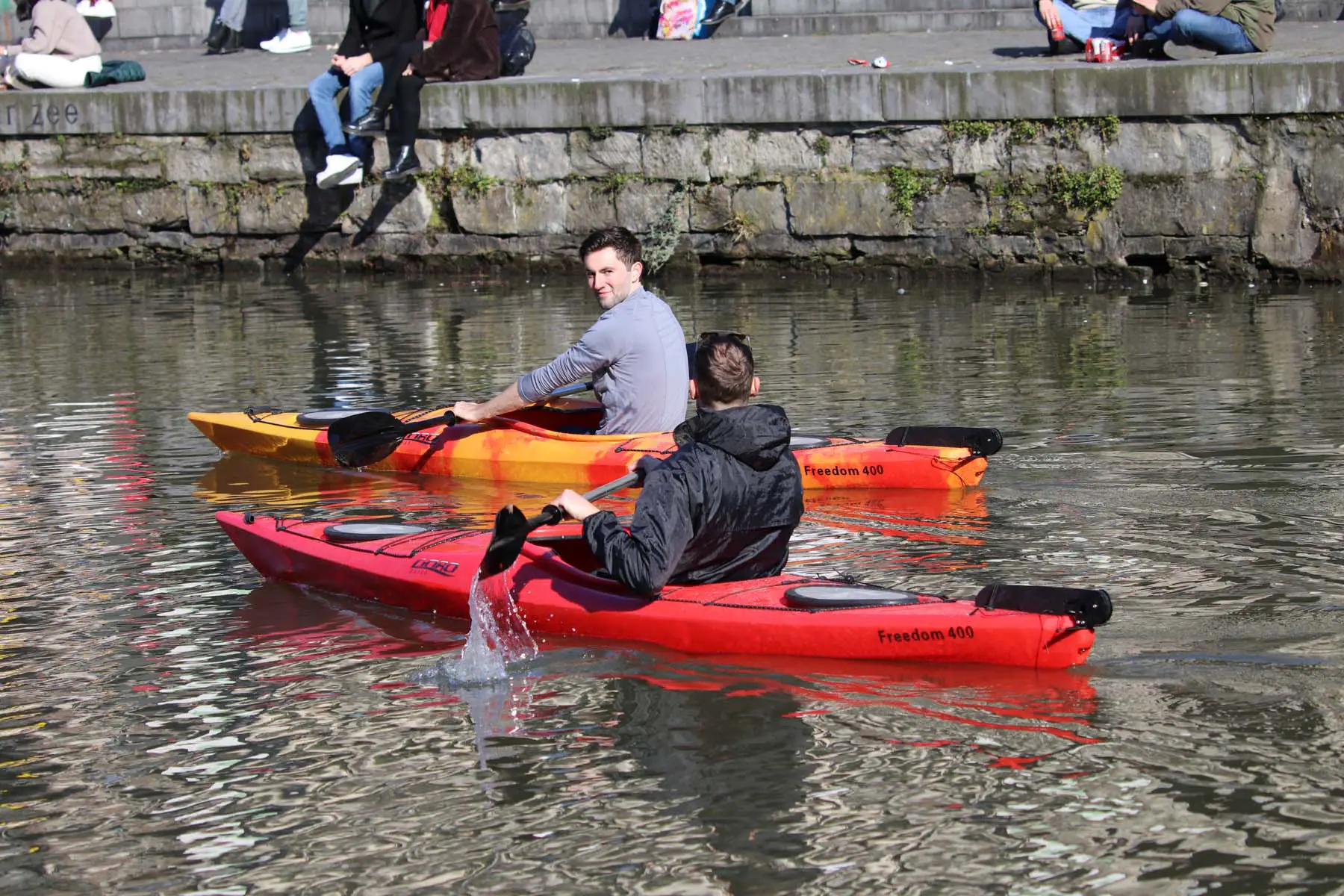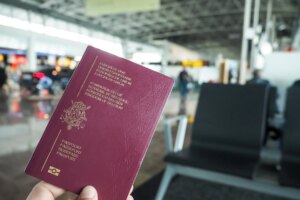Although small in stature, Belgium is a great option if you’re pursuing an academic degree in Europe. The country has several well-ranked universities, attractive internships, job opportunities, and a high quality of life.
Discover the ins and outs of student visas in Belgium, and what to do when your studies have ended.
This article will cover the following:
- Studying in Belgium
- Who needs a student visa?
- Short-stay (type C) visas
- Long-stay (type D) visas
- Requirements for a student visa
- How to apply
- Costs of student visas
- Transferring foreign qualifications
- When you arrive in Belgium to study
- Working while studying in Belgium
- Can family join students in Belgium?
- After your studies, when your visa expires
- Appeals and complaints
- Useful resources
Spotahome
Looking for somewhere to rent in Belgium? Spotahome takes the hassle out of househunting by doing the hard work for you. Their online platform lets you find, view, and book rental properties all from the comfort of your own home. Take the stress out of househunting in Belgium with Spotahome.
Studying in Belgium
Belgium is an excellent choice for students to pursue their higher education goals while discovering its 1,500+ craft beers. The country has several renowned universities, with as many as eight featuring in the 2023 Top 500 Times Higher Education World University Rankings.

There are also several English programs, in addition to the three national languages (i.e., Dutch, French, and German). Plus, as the political hub of the European Union (EU), Belgium presents many exciting opportunities for traineeships and internships.
Applications and registration for higher education in Belgium are similar to that in other countries. Even as an international, you can apply if you meet the set criteria. Once you have secured admission, you can apply for a student visa. Like all Belgian visas, these requests are handled by the Immigration Office (IBZ; Dutch: dienst vreemdelingenzaken – DVZ, French: office des etrangers – ODE).
In 2020, international or exchange students made up just over 10% of the student body, which is relatively low compared to other European countries (e.g., in Switzerland). However, Belgium has some great incentives to attract more students from abroad. For example, tuition fees for Flanders or Wallonia are low and graduates are allowed an additional year of stay to find a job.
Types of student visas
Depending on the duration of your studies or training, you’ll be issued one of the following:
- Short-stay (type C) student visas – also known as the Schengen visa, valid for up to 90 days (three months) within a period of up to 180 days
- Long-stay (type D) student visas – valid for longer than three months (90 days)
However, to qualify for these visas, your main occupation must be your studies, internship, or traineeship. If your situation changes (e.g., because you take a gap year), your student visa will be canceled.
If you are no longer a student and you would like to stay in Belgium, you should contact the IBZ to update your visa and residence permit.
Who needs a student visa?
EFTA nationals
Nationals from the European Free Trade Association (EFTA) countries do not need a student visa to come to Belgium for their education. EFTA includes all EU counties, and Iceland, Liechtenstein, Norway, and Switzerland.

You only need a valid national identity card or passport to move to Belgium. You must report to the local municipal office in Flanders (Vlaanderen), Brussels (Dutch: Brussel, French: Bruxelles), or Wallonia (Wallonie) within 10 days of your arrival.
Students enrolled in a study program that takes more than three months will also need to apply for a Belgian residence card.
Non-EFTA nationals
Generally speaking, students outside the EFTA region need a visa to study and live in Belgium.
That said, some students are exempt from getting a visa if their stay is shorter than 90 days, because of a visa agreement between their home country and Belgium. Instead, they can enter Belgium by providing proof of the intended purpose (e.g., an invitation letter from a university).
UK nationals after Brexit
Brexit has had many unintended consequences for citizens from the United Kingdom (UK) wanting to live abroad. For instance, they now need a visa before they can live, work, or study in Belgium. This applies to study programs longer than three months.
Of course, UK nationals do not require a visa for short visits totaling up to 90 days (within 180 days). However, they might still need to apply for a work permit if they want to do a short-term internship or traineeship.
Short-stay (type C) visas
Depending on your nationality, you need a short-stay (type C) student visa if you stay in Belgium for less than 90 days (e.g., student exchange, research program, short internships, or traineeships).

Short-stay visas allow you to enter the country multiple times over 180 days and you cannot extend these. If your visa expires before you’ve achieved your goals in Belgium, you’ll need a long-stay (type D) visa instead.
Long-stay (type D) visas
If you want to stay in the country for more than 90 days (three months), you’ll need to apply for a type D visa. This visa is also necessary for internships and traineeships that last longer than three months.
The type D student visa does not include a residence permit. You can apply for one at your municipal office in Flanders, Brussels, or Wallonia after you arrive in Belgium.
Type D visas are valid for the duration of your studies and are not renewable. Residence permits, on the other hand, can be extended if required.
Requirements for a student visa
Before getting a student visa, you’ll need to enroll in an institution for higher education in Belgium or enter into a contract for an internship or traineeship.
There is a maximum income requirement that proves you have sufficient finances to support your stay.
For short-stay visas, this is €45 per day if you stay with friends or family and €95 per day in a hotel. When you have a long-stay visa, it is €730 a month (after tax).
If a third party covers your trip expenses, you’ll have to provide proof of sufficient income.
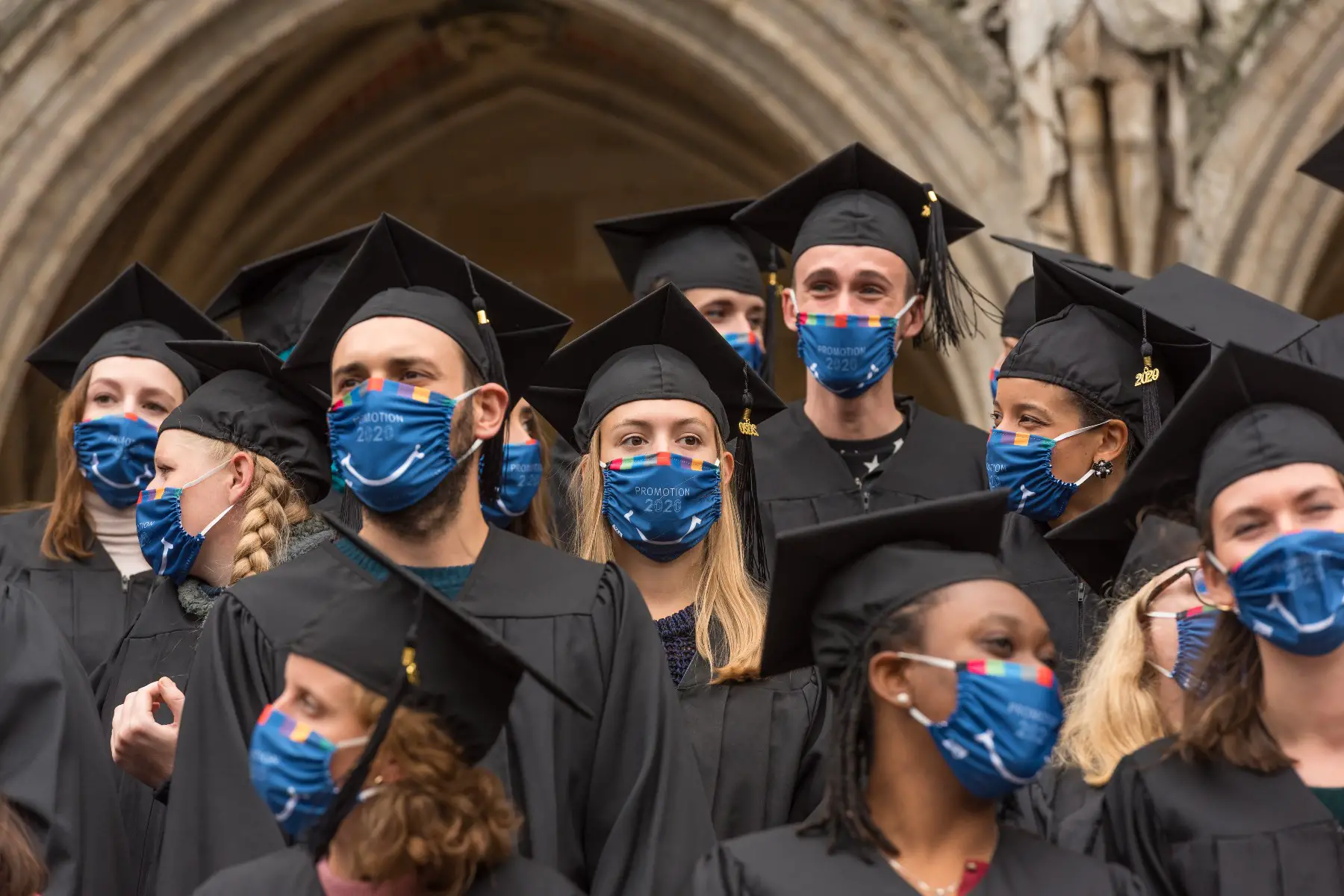
Other requirements for short-stay permits include:
- Schengen travel insurance that provides for healthcare of at least €30,000
- Guaranteed accommodation (e.g., at a hotel)
- Return flight ticket
Requirements for long-stay visas include:
- Health insurance
- A medical certificate proving you don’t have tuberculosis (TB), an infectious disease, or any other illness requiring you to quarantine
- Minors younger than 18 need to have permission from their parent(s) or guardian(s)
- Adults over 18 cannot have a criminal record
Residents from China need an additional APS certificate before they can apply for a student visa or enroll at an institution for higher education in Flanders or Wallonia.
How to apply
You can apply at your local Belgian embassy or consulate at least 15 days before your traveling date. Processing times range from 15 to 90 days. It’s best to apply early and avoid unwanted delays and travel-related stress.
You’ll be required to submit the following documents:
- Completed application form (PDF, in Dutch)
- Two recent passport photos
- Biometric passport valid for the duration of your stay
- Medical (travel) insurance details
- Proof of accommodation in Belgium
- Proof of financial means to support your stay
- Proof of purpose of your visit (e.g., enrolment letter)
- Copies of your educational qualifications (e.g., university diploma)
Students with a short-stay visa also need to confirm their departure when the visa expires (e.g., return ticket). Those on a long-term visa need to provide an extract of their criminal record and a medical certificate.
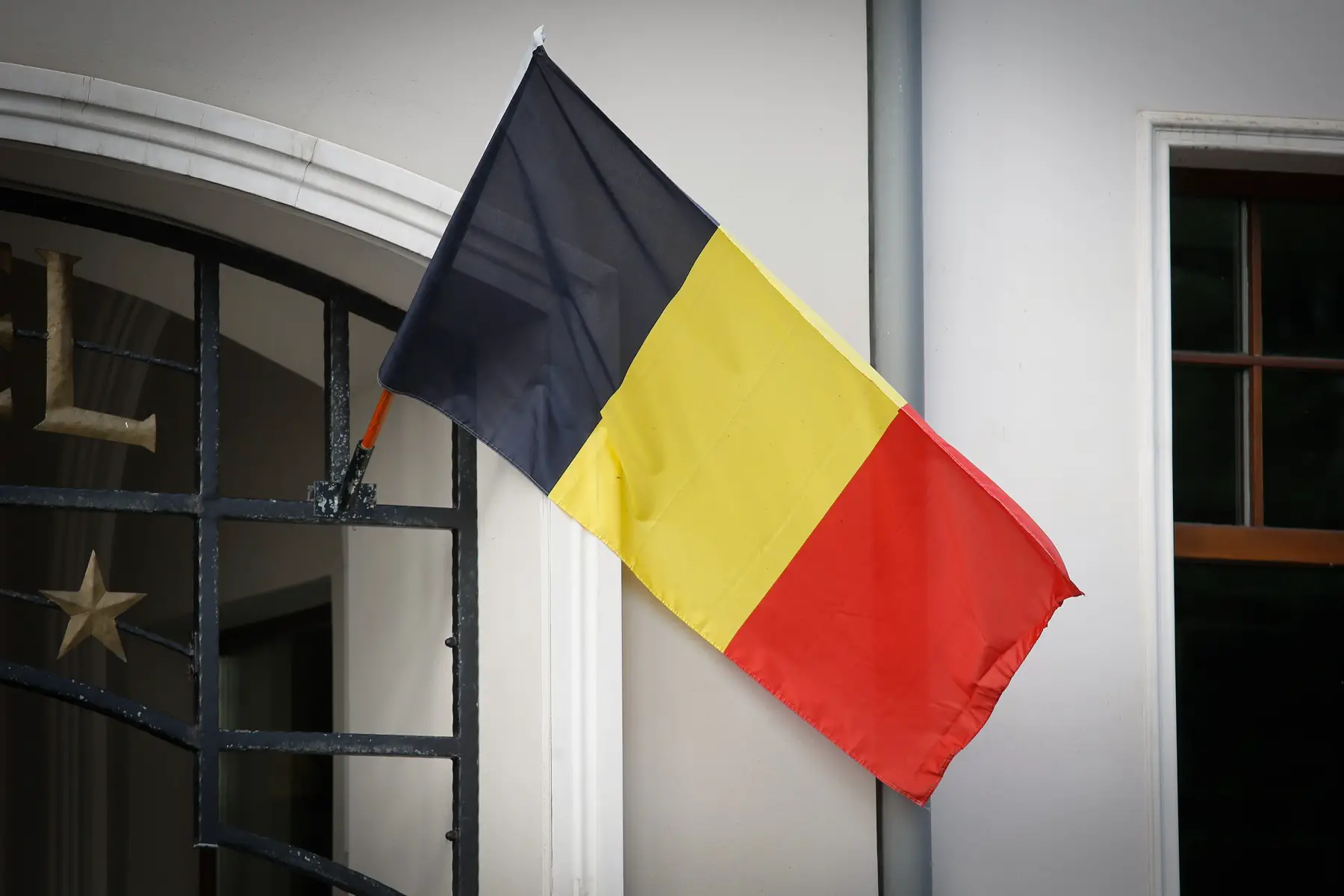
You might also be asked to submit a cover letter explaining your motivation for coming to Belgium. In some cases, the embassy will ask for proof of language proficiency in one of the three national languages (i.e., Dutch, French, and German).
Costs of student visas
Typically, the cost of short-stay visas (type C) is €80, and €180 for long-stay visas (type D). Students are exempt from these fees; however, you might have additional costs for a residence permit.
Study grants and scholarships
There are different options if you need help funding your degree. Most grants and scholarships are dependent on the student’s nationality. Each region in Belgium has its system of study grants and scholarships. For example:
- Scholarships in Flanders
- Study grant of the Brussels-Wallonia Federation (scholarship FWB)
- Scholarships in German-speaking Belgium
- Grants and scholarships for international students
There are also scholarships and funding options available through the EU. Additionally, some universities provide their own scholarships and financial aid options. These include:
Transferring foreign qualifications
Depending on the country you’re from, you might have to get your foreign diplomas and certificates recognized or translated before you can take up your studies:
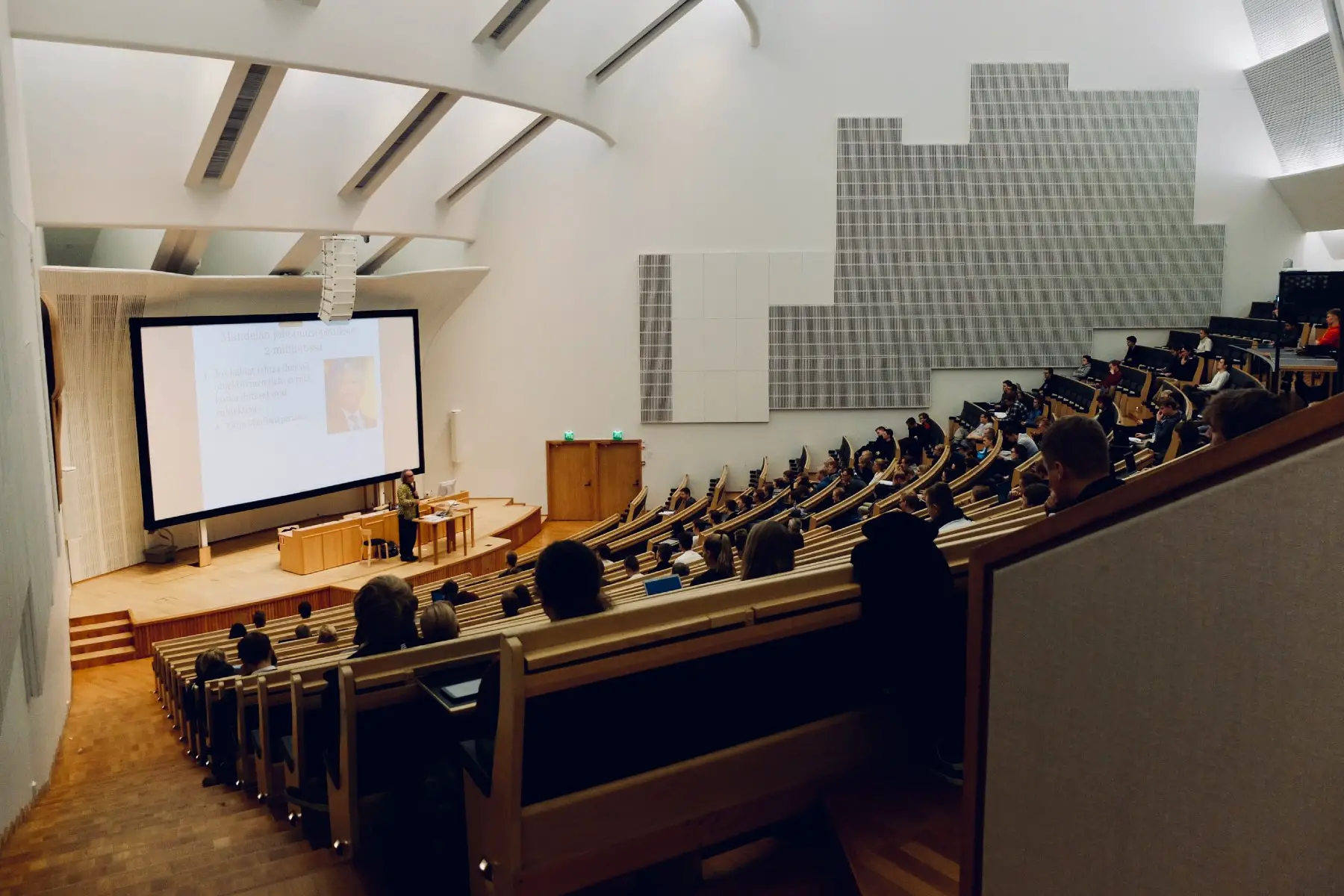
The National Academic Recognition and Information Center (NARIC) can provide the relevant tools:
When you arrive in Belgium to study
You need to register with the Foreigner’s Register during the first week of your arrival. You can do so at your local municipal office. If you are staying for longer than 90 days, you must apply for a residence permit.
When relocating to Belgium for a longer period, you will need to find a suitable student home (Dutch: kot, French: thurne). It is best to stay close to your university, for example, in Antwerp, Brussels, or Louvain-la-Neuve.
After that, you can set up a bank account, health insurance, utilities, and an internet connection. You can also get a Belgian SIM card and mobile phone.
Working while studying in Belgium
In both Flanders and Wallonia, you can work while studying. However, the primary purpose of your stay must remain your higher learning. If you work more days than you are studying, the IBZ might revoke your student visa.
Regulations include:
- You can work up to 475 hours during the academic year
- Your work hours cannot exceed 20 hours per week (though you are permitted to take on more hours during the holidays)
- Your job cannot interfere with your classes
Note that students will need a work visa to do an internship or traineeship in Belgium.
Can family join students in Belgium?
International students can ask their spouse, partner, and children under 18 to join them on a family visa. Your family member can apply at their local Belgian embassy or consulate. Of course, if they are EFTA nationals, they can join you without visas.

Once in Belgium, your spouse, partner, or child will also be issued a residence permit. Their permit is valid for the same length as yours, with the possibility of an extension.
After your studies, when your visa expires
When you’ve earned your bachelor’s, master’s, or Ph.D. degree, you can apply for an orientation year residence permit to extend your stay. This residence permit targets recent graduates because the Belgian government encourages highly skilled workers (or graduates) to find a job and contribute to the local economy.
To qualify for the orientation year residence permit, you’ll have to be a student of a higher education institute in Belgium. You’re also eligible if you have stayed in the country for your studies as part of a mobility program (e.g., the Erasmus Mundus program).
Appeals and complaints
In case your visa application is rejected, the authorities will give you a reason for their decision. Depending on the grounds for refusal, you can try resubmitting your application with additional documentation.
You can also appeal the decision at the Council for Immigration Disputes (Dutch: Raad voor Vreemdelingenbetwistingen – RvV, French: Conseil du Contentieux des Etrangers – CCE).
If the council rules against you, you can take it up with the Council of State (Dutch: Raad van State, French: Conseil d’État). If still unsuccessful, it’s probably best to try again the next academic year.
Useful resources
- Belgian Immigration Office – official website with information on visas and immigration
- Belgium.be – Belgian government’s official information and services portal
- Study in Flanders – government website with information for students in Flanders
- Study in French-speaking Belgium – government website with information for students in Wallonia
- Ostbelgien – government website with information for students in the German-speaking part of Belgium
- Student at Work – information for working students in Belgium



